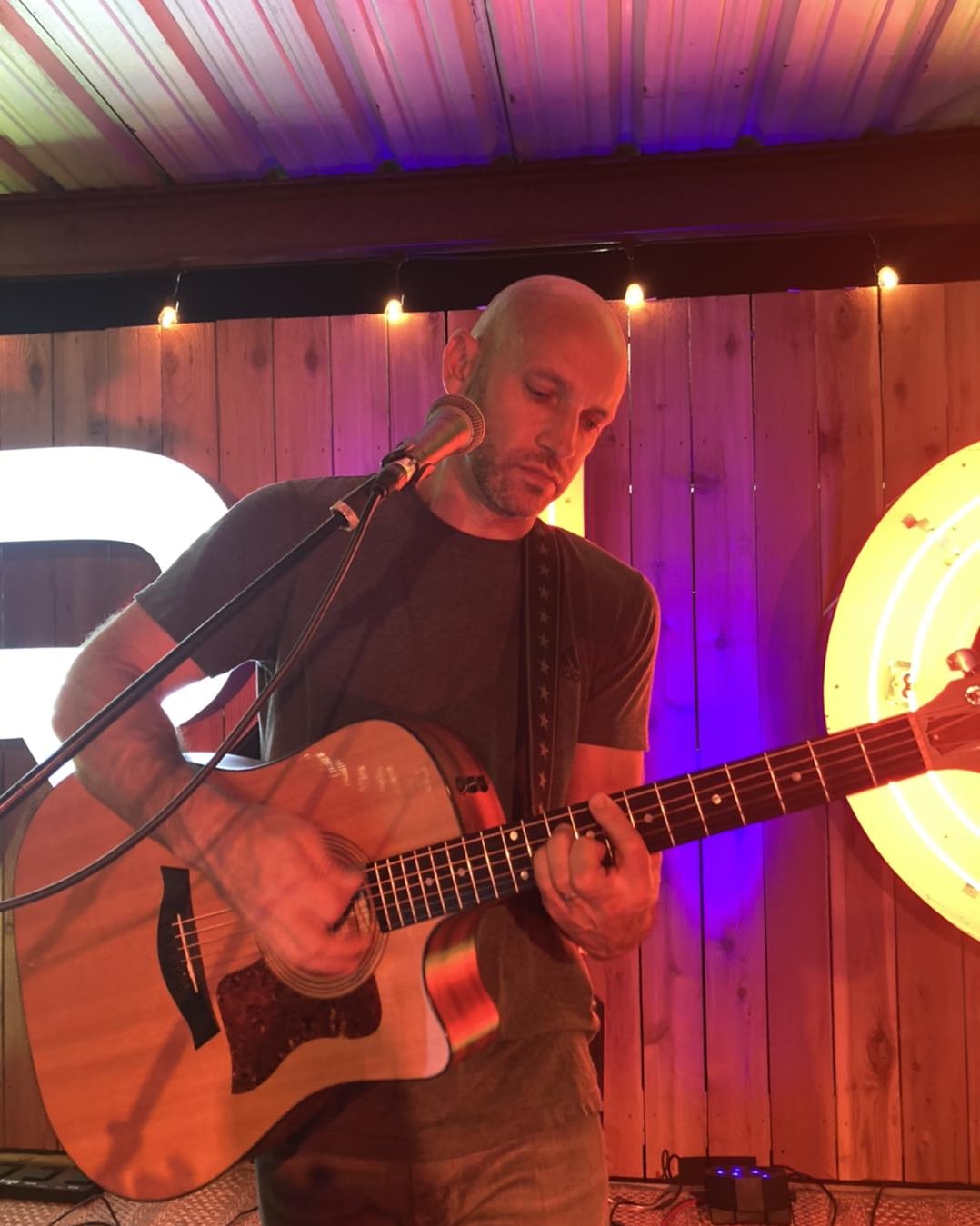Texan David Raybuck doesn’t lack for passion. It is only passion, in the end, capable of driving a father of seven children, husband, pastor, and computer professional to start writing and recording songs in his limited spare time. His sprawling fourteen track debut The Prodigal has a folk-rock tilt made possible by his solo status, if nothing else, demanding he play all of the limited instrumentation. He opens the collection with “Hosanna”, an uptempo cut distinguished by bright wide-open guitar chords and irrepressible jauntiness.
URL: https://davidraybuck.com/
It is a folk-rock sound, without question, but it’s an empty label. Raybuck’s opener is a bold statement of purpose as his songwriting uses seldom explored language in popular song with every bit as much conviction as traditional songwriting diction. He’s coming a little out of left field stylistically, but listeners will understand him. The ramshackle amble of “Be Healed” has an ominous undertow with lonesome electric guitar laid over top.
The light droning quality of Raybuck’s voice lulls us into a false sense of security. The chorus erupts in a blast of distorted guitar and double-tracked vocals. It’s a cut that makes no bones about its subject matter, but you haven’t heard this stark testimony to the Christian God’s healing power framed in such a way. The album’s title song draws again from the Biblical story of the Prodigal Son for a poetic meditation on inheritance laced with piano and a loose, relaxed band arrangement.
“Long Time Coming” sets a brisk pace from the outset. The crisp acoustic guitar sound lays back during the verses allowing Raybuck’s voice and lyrics assume the prominence they deserve. He comes at listeners from such a wide variety of lyrical points of view that the religious nature of the material never reaches wearisome levels. “My Sufferings” has a straight-forward and poppy march that keeps its melodic demands simple without ever demeaning the material. Raybuck has an endless capacity for marrying a guitar-driven rock sound with the acoustic inclinations present in his music. The alternative rock side of his character merges here in full and the song’s relentless bounce propels it along.
APPLE MUSIC: https://music.apple.com/us/album/the-prodigal/1648602137
“Abide” provides listeners with a mellow harbor late in the album and its acoustic guitar solo is especially noteworthy. Effortless gliding is something Raybuck’s music does well and this is one of its best examples. “The Pathway” swings in a slow and declarative dance built around the percussion, guitar, and Raybuck’s deeply emotive vocal. His arranging skills are evident over the course of the collection and one of the best moments comes with this album and this is a highlight.
“Who’s My Neighbor?” closes The Prodigal with a final Biblical narrative delivered in first person. The plaintive nature of both Raybuck’s voice and his writing are a winning combination over The Prodigal’s fourteen tracks and it ends on a strong note with this track. David Raybuck’s The Prodigal will not connect with everyone, but these are intensely human songs, first and foremost. All other considerations are secondary. These are poems set to music.
Troy Johnstone
